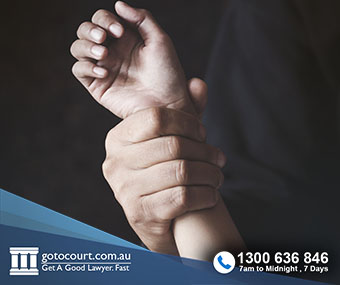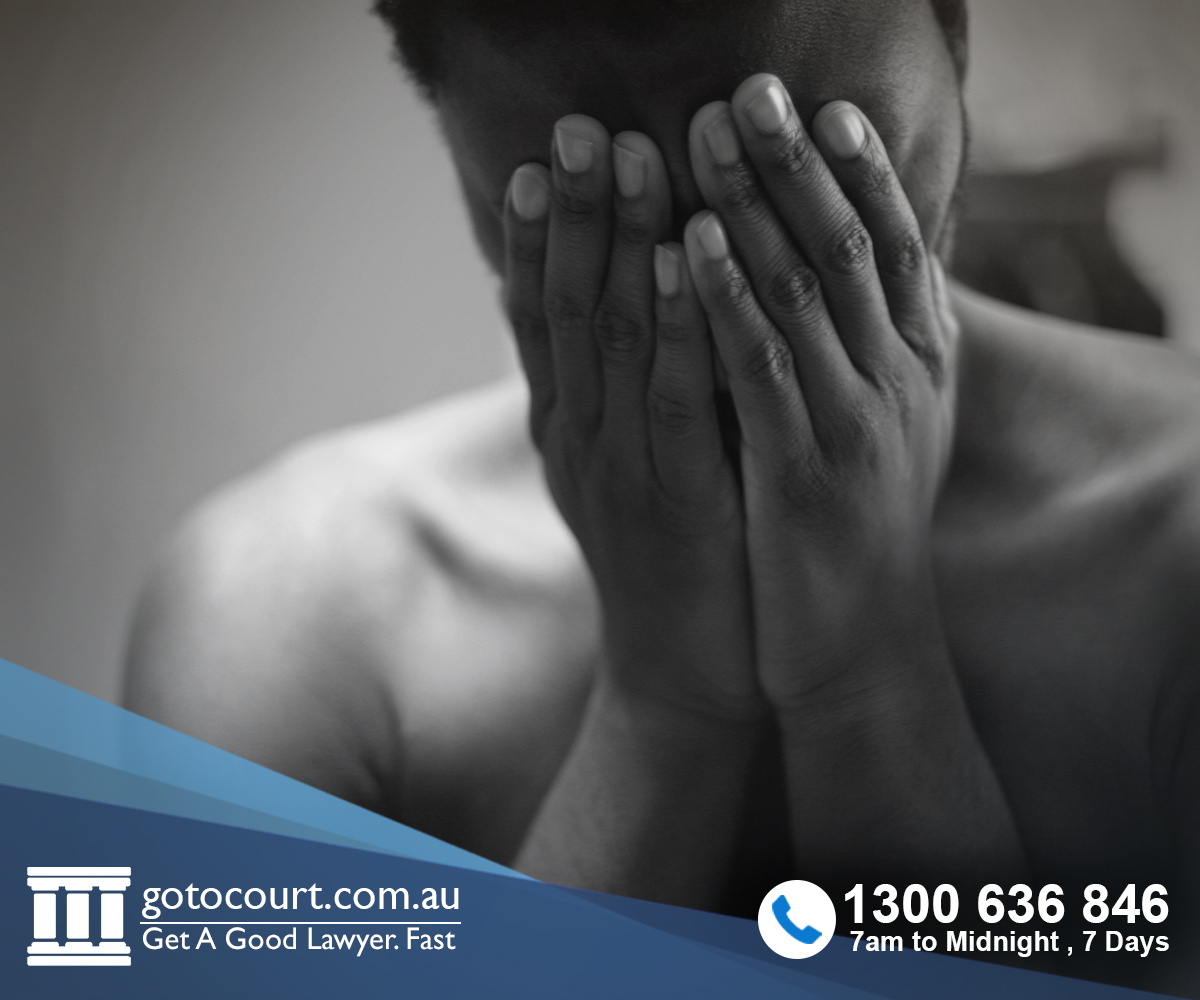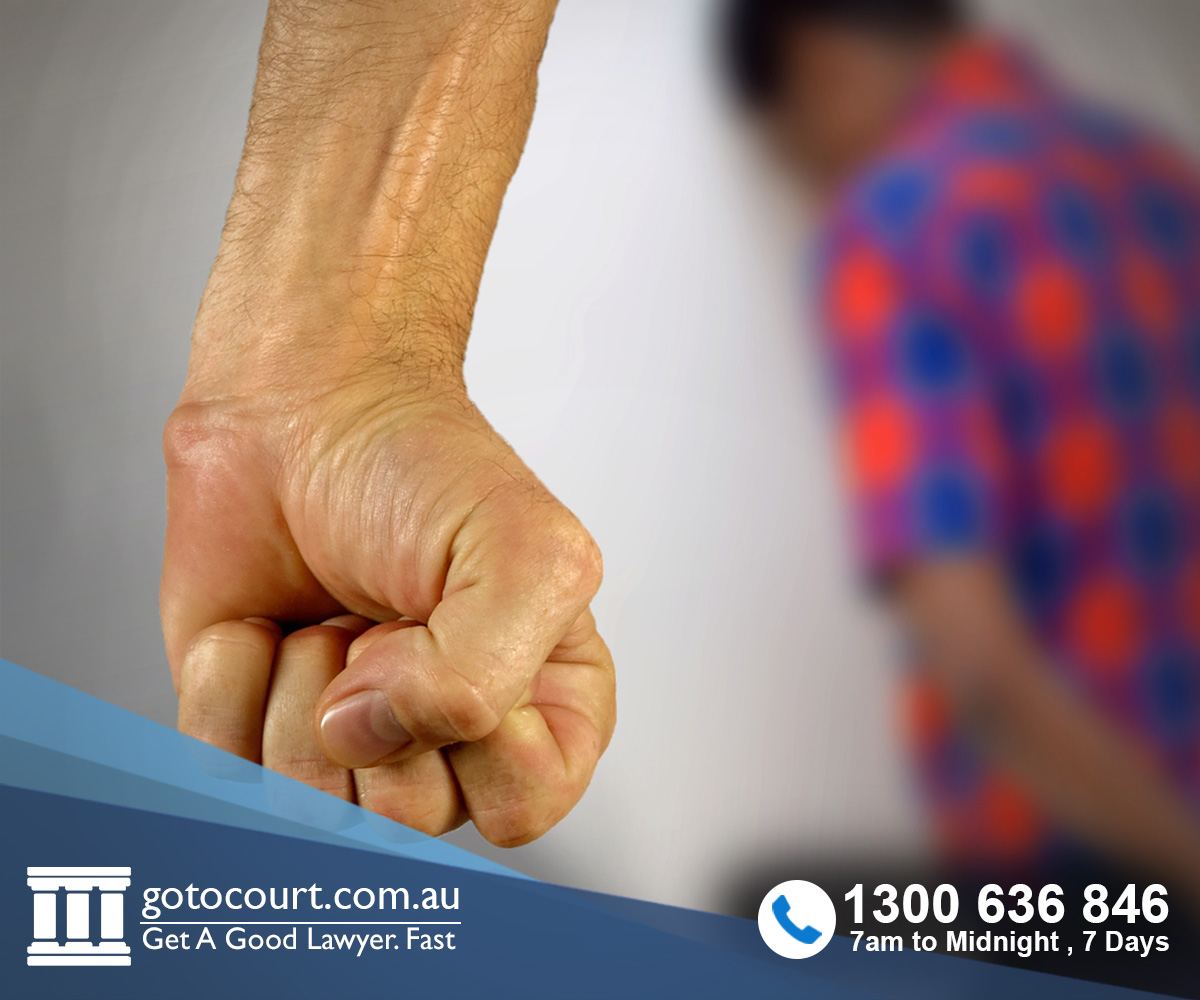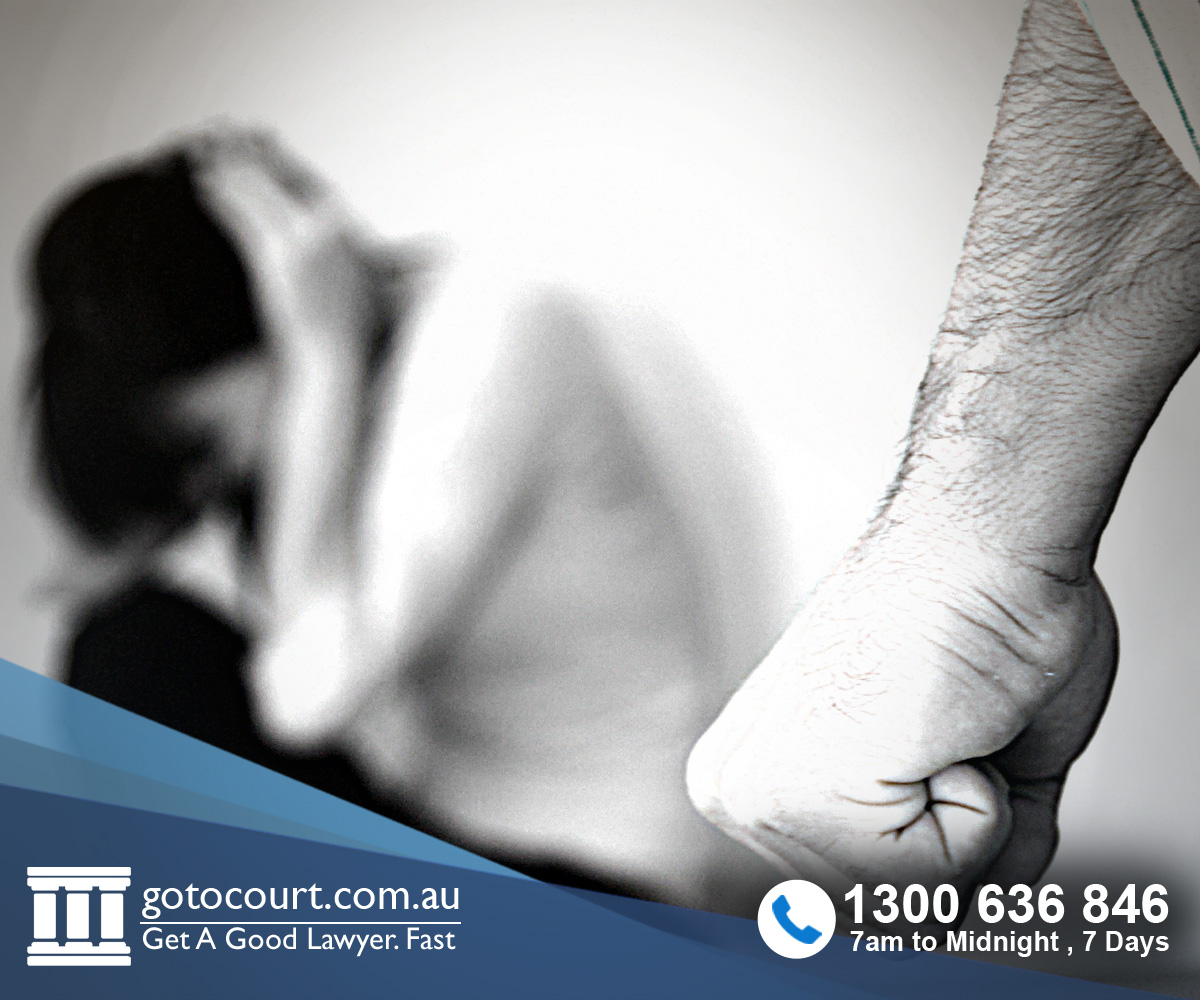Call our lawyers
now
or,
have our lawyers
call you
Applying for Domestic Violence Orders in Queensland
Updated on Mar 23, 2023 • 5 min read • 394 views • Copy Link
Applying for Domestic Violence Orders in Queensland
In Queensland, a person who fears domestic or family violence from another person can apply for a Protection Order. This is an order prohibiting the offender from doing certain behaviours towards the protected person. Protection Orders are also known as domestic violence orders. This page deals with applying for domestic violence orders in Queensland.
Urgent situations
If you feel your safety is under immediate threat, you should contact the police on 000 urgently.
Legislation on Protection Orders in Queensland
The Domestic and Family Violence Protection Act 2012 governs applications for Domestic Violence Orders in Queensland. A Protection Order may be sought by an individual (the aggrieved) who fears family violence or by the police on the aggrieved’s behalf.
Courts may make Protection Orders either on an interim or on a permanent basis.
Types of Domestic Violence Orders in Queensland
Domestic Violence Orders are designed to prevent a person from threatening or committing domestic violence against someone whom they are in a domestic or family relationship with. They do this by prohibiting certain behaviours towards the protected person. Criminal penalties apply if the terms of an order are breached.
Section 56 of the Domestic and Family Violence Act 2012 states that all orders must include certain standard conditions. These include the condition that the respondent be of good behaviour towards the protected person and not commit domestic violence against that person and their children.
Under section 57 of the Domestic and Family Violence Act 2012, the court may also impose any other conditions that it believes are necessary or desirable to:
- protect the aggrieved from domestic violence;
- protect a named person from associated domestic violence;
- protect a named person who is a child from being exposed to domestic violence.
These conditions will be tailored to the individual situation.
Family and domestic relationships
A Protection Order can be made between two people who are in a relevant relationship. Under section 13 of the Domestic and Family Violence Act 2012, a relevant relationship include:
- an intimate personal relationship such as a spouse or couple relationship;
- a family relationship such as parent and child, siblings or cousins;
- an informal care relationship, where one person is dependant on the other for their everyday needs such as dressing and meal preparation.
The definition also includes ex-partners and people who are relatives by marriage, such as in-laws.
Who can apply for a Domestic Violence Order?
A person may apply for a protection order for their own protection. An adult may also apply for an order on behalf of another person if they have the other person’s authorisation (section 25 of the Doemstic and Family Violence Protection Act 2002.)
A police officer may apply for an order on behalf of a person.
How to apply for an order
A Form DV1 needs to be filled out, stating the reasons the person is seeking the order.
If the applicant is not a police officer, they must including a statutory declaration.
The form then needs to be lodged with the Queensland Magistrates Court. It will then be served on the respondent.
What happens after an application for a Domestic Violence Order is made?
After an application has been submitted to the court, the matter will be dealt with at a court event called a ‘mention’. If the applicant and the respondent agree on an order being made and on the conditions of the order, the court will make the order on the spot.
If the respondent does not consent to the order, the court may set another hearing date. On this date, the court will hear evidence from both parties as to why the order should or should not be made. It will then make a decision as to whether to make the order that is being sought.
If the respondent does not come to court on the day of a contested hearing, but has been served with the application, the court will generally make the order in their absence provided the material that has been filed supports the making of an order.
How does the court decide whether to make the order?
Under section 37 of the Domestic and Family Violence Act 2002, the court may make a protection order if is it satisfied that:
- the aggrieved and the respondent are in a relevant relationship; and
- the respondent has committed domestic violence against the aggrieved; and
- the order is necessary or desirable to protect the aggrieved from domestic violence.
How long am I protected by a Domestic Violence Order in Queensland?
Under section 97 of the Domestic and Family Violence Protection Act 2002, an order generally remains in force for a period of five years. However, the court may make an order for a shorter period only if satisfied that there are reasons for doing so.
What is the penalty for breaching a Domestic Violence Order?
Breaching a domestic violence order is a serious criminal offence which may result in a fine of up to 120 penalty units or imprisonment for up to three years. This offence is set out in section 177 of the Domestic and Family Violence Act 2002.
The maximum penalty for breaching a domestic violence order increases to a fine of 240 penalty units or five years imprisonment if the respondent has, within the past five years, previously been convicted of a domestic violence offence.
If you require legal advice or representation in any legal matter, please contact Go To Court Lawyers.

Affordable Lawyers
Our Go To Court Lawyers will assist you in all areas of law. We specialise in providing legal advice urgently – at the time when you need it most. If you need a lawyer right now, today, we can help you – no matter where you are in Australia.How It Works







1. You speak directly to a lawyer
When you call the Go To Court Legal Hotline, you will be connected directly to a lawyer, every time.


2. Get your legal situation assessed
We determine the best way forward in your legal matter, free of charge. If you want to go ahead and book a face-to-face appointment, we will connect you with a specialist in your local area.


3. We arrange everything as needed
If you want to go ahead and book a fact-to-face appointment, we will connect you with a specialist in your local area no matter where you are and even at very short notice.













